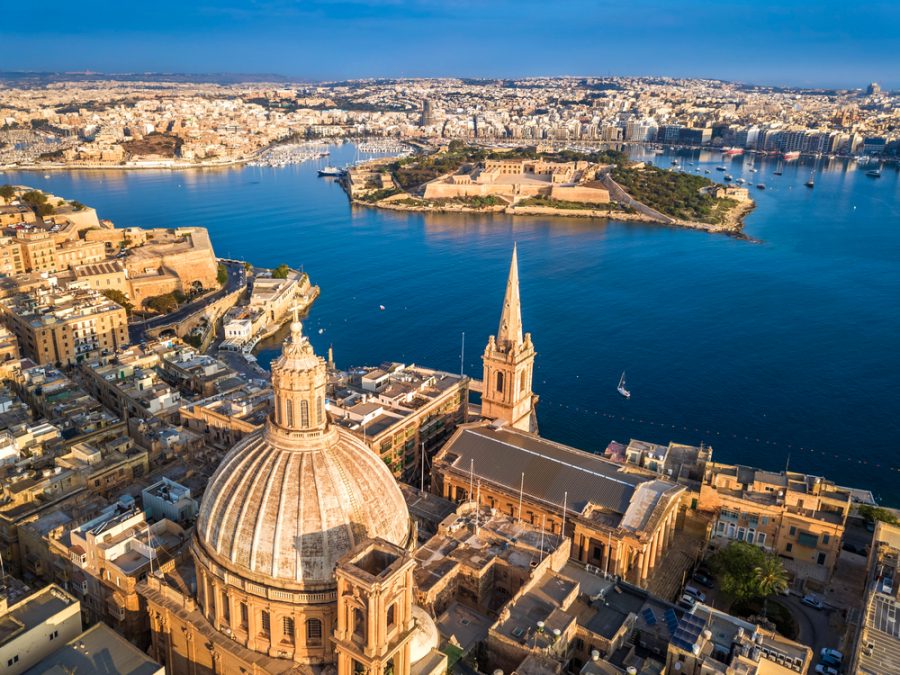As the leader of the Republic of Malta, Prime Minister Joseph Muscat took office in 2013 and helped direct the Mediterranean island’s launch of its Malta Individual Investor Program (MIIP) in 2014.The program, which Muscat describes as “the Ferrari of this world’s programs,” is the first investment citizenship program to be recognized by the European Commission.
It’s a commitment you are making and not simply a business transaction” said PM Muscat
For a donation of 650,000 euros in addition to a 150,000 investment in stocks or bonds along with a 350,000 property purchase, successful applicants can become citizens and earn the right to live, work and study in any of the 28 European Union countries plus Switzerland and travel visa-free to 182 countries.
Muscat has earned a Doctorate of Philosophy in Management Research from the University of Bristol with a thesis on Fordism, multinationals and Small and Medium Sized Enterprises in Malta. He also holds a Bachelor of Commerce in Management and Public Policy, a Bachelor of Arts with Honors in Public Policy and a Master of Arts in European Studies from the University of Malta.
Muscat was elected as the leader of the Partit Laburista in June of 2008 and elected Prime Minister five years later.
Under his leadership, he brought together a national consensus for economic growth, based on a restructured Maltese economy. This resulted in an economic growth of over 6 percent, the elimination of the public deficit and a decrease in unemployment.
These factors, among others, contributed to Malta increasingly becoming an attractive location for foreign direct investment in sectors such as financial services, online gaming, information technology, maritime and aviation hubs.
Prime Minister Muscat also led Malta’s Presidency of the European Union in the first half of 2017 and was the Commonwealth Chair-in-Office between November 2015 and April 2018.
Why did Malta create a donation-based CBI program?
It was to attract talent, an exclusive niche of people who have never heard of Malta. People who don’t do it for the money but for the networks it brings them. This allows us to raise the bar, to be selective and even refuse people in this approach.
We want the program to be seen as more than partying with money. It’s not an investment. It’s your contribution for the well-being of the society and improving infrastructure and social welfare. It’s a commitment you are making and not simply a business transaction.
How do you see the future of the Maltese program?
We told our voters that if we were elected, we will renew the quota of the Malta IIP and the people elected us. We will renew and there will be no intermittent period.
How is the Malta program different compared to others?
We have a standard of exclusivity. We refuse about 30 percent of the applicants because our due diligence is the best in the world – five tier. Unless agents do the due diligence well, they should not advice people to go towards this program.
What are the donations of the program used for?
We haven’t spent a single cent from the donations yet but have created a fund. We are examining the need of the future and it’s done by a board of trustees. The five-member board is appointed by the government and have the security of serving 10 years. So far, there are about a quarter billion in the fund.





